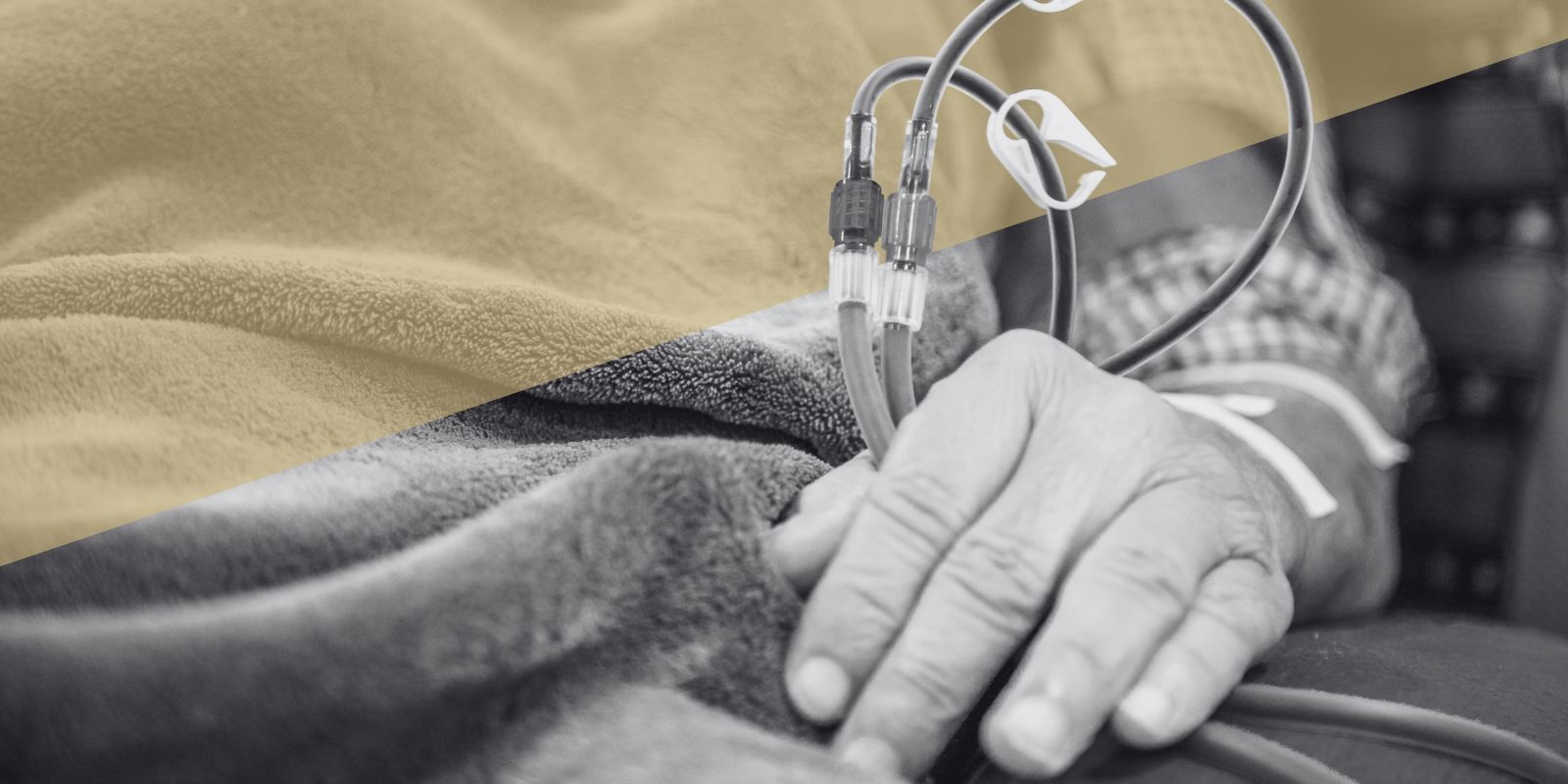Most pediatricians don’t provide direct care for a physical injury following a mass shooting, but they often see the effects of those traumatic events land in their office.
“Considerations regarding gun violence in general have become a necessity in pediatric practice,” write psychiatry researchers at the University of Colorado School of Medicine who last month published a paper in the journal Pediatric Clinics of North America introducing a flexible framework that can help pediatricians support children and their families after they’ve experienced a mass violence event.
From 2016 to 2020, the U.S. Centers for Disease Control and Prevention reported that more than 3,500 children and teenagers were shot and killed and another 15,000 were wounded. While mass shootings are a small subset of gun deaths each year, the psychological effects are widespread, and addressing trauma looks different for each child and each incident.
“There isn’t a one-size-fits-all approach,” says lead author of the paper Ashley Sward, PsyD, assistant professor of psychiatry. “But I want pediatricians to feel like what they can provide to patients and their families is doable and that they have a unique opportunity to make a difference.”
Flexibility to make a difference
While a pediatrician’s role in a child’s life is significant after a mass shooting, they often have limited time to spend with each patient. That signaled to Sward and her fellow researchers that a flexible framework could be helpful.
“It’s not realistic for pediatricians to provide a high level of one-on-one psychological care, so there’s a great need to support pediatricians’ engagement with caregivers to increase protective factors at home,” Sward says. “What we’re hoping for is that pediatricians feel like they can empower parents so there’s a lasting effect outside of the pediatric office.”
The researchers’ framework includes age-related suggestions culled from literature from a variety of fields about the important aspects of response to a mass shooting. They recommend pediatricians prioritize:
-
Engaging in intentional, direct, and age-appropriate conversations about the facts of the events.
-
Creating space for children to share their emotions and experiences.
-
Providing reliable structure and routine.
-
Encouraging healthy and effective coping.
-
Watching for post-traumatic stress symptoms and referring for intervention as needed.
“It’s important to think about responding to children in these situations based on where they are in their development,” says Steven Berkowitz, MD, professor of psychiatry and director of CU’s Stress, Trauma, Adversity Research, and Treatment (START) Center. “You can’t respond to a six-year-old the same way you can a 16-year-old after these events.”
The framework allows for flexibility without it feeling daunting – an important factor Sward says was carefully integrated into the guide.
“Pediatricians have a unique opportunity to make a difference,” she says. “I want to increase their confidence and competence initiating these difficult conversations with a 6-year-old patient or 16-year-old patient and help model this for the caregiver, because if an intervention is in the office, it might be 15 minutes total, but if the parent can continue that work, that impact is going to last much longer.”
Prevention and efficacy
Equally important to the researchers is advocacy, gun violence prevention, and being able to sustain the work.
“The burden of stress in this line of work is high,” Berkowitz says. “These providers may only be able to commit 15 or 20 minutes to each patient, and that’s a stressor in and of itself. You really need to have support from peers to manage your own reactions and keep in mind that the work makes a difference.”
The researchers also encourage pediatricians to play a role in advocating for the prevention of mass shootings.
“I have a strong conviction that advocacy and change at the policy level is what's needed. I was heartened to learn during this research that so many organizations have their own statements affirming the responsibility of medical providers to use their voices when there is a preventative measure that can keep kids and their families safe.”





